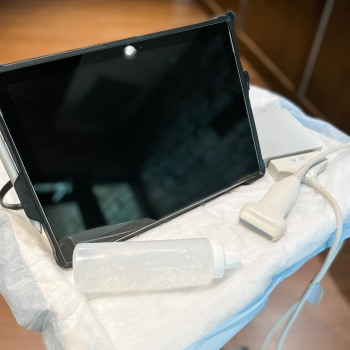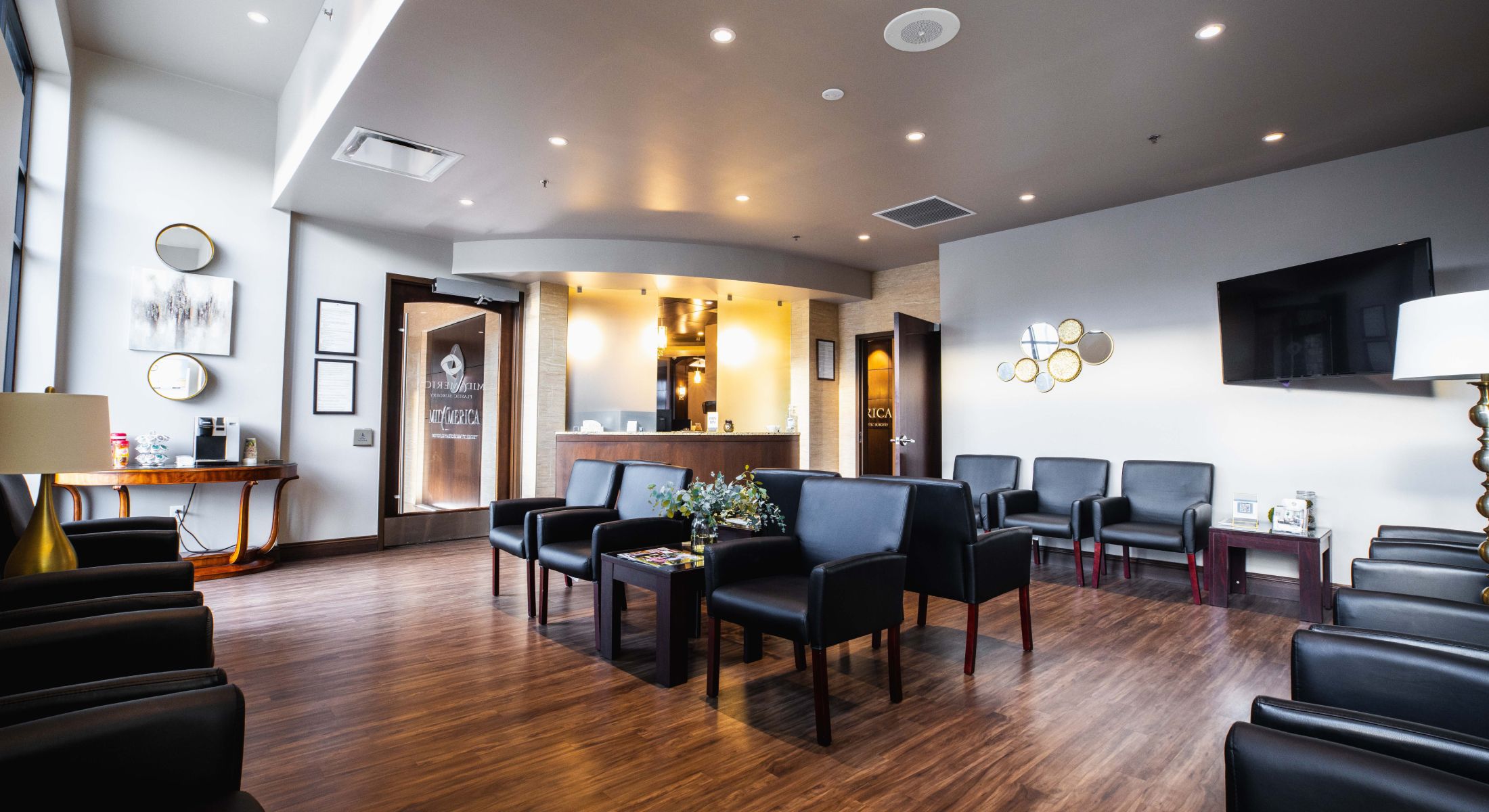Did you know that breast implants are among the most studied medical devices on the market? Breast implants have been approved by The Food and Drug Administration (FDA) for “increasing breast size, for reconstruction after surgery or trauma, and to correct developmental defects.” Breast implants are commonly used in breast augmentation procedures to help women replace lost volume in their breasts after pregnancy, after significant weight loss, or to add the volume they have always desired. Implants can be placed above or below the muscle and are commonly made of silicone or saline.
The FDA suggests that breast implant screenings should take place five to six years after breast augmentation surgery, then every two to three years thereafter to evaluate for implant rupture or implant-related concerns. So how do we monitor implants and what should you know?
Know the Signs

Breast augmentation patients can choose between saline and silicone breast implants. Both implants have their own unique benefits and drawbacks.
Saline Implants. Saline breast implants are filled with a sterile, saltwater solution that will be naturally and safely absorbed by the body if a rupture were to occur. Because they are made up of a water-based solution, saline implants are easier to recognize once they have ruptured. When ruptured, the saline implant will lose its volume and go flat.
Silicone Implants. Silicone implants are the harder of the two implant types to detect a rupture. Due to the cohesiveness of the silicone gel, a rupture might not be noticeable right away. Signs of a silicone rupture include tenderness and/or firmness at the implant site and a change in breast shape. Although uncommon, a silent rupture may occur in silicone implants. A silent rupture is one that does not cause any signs or symptoms when it occurs. Leakage of silicone gel into the body may lead to complications, making early rupture detection important.
If you do have a rupture, seeking medical treatment can help minimize the risk of these concerns. Visit your surgeon if you notice any of these symptoms:
- Sudden change in your breast size
- Pain or tenderness around the implant
- Swelling or redness around the implant
Know Your Implant Imaging Options
The FDA recommends MRI or High-Resolution Ultrasound five to six years after augmentation and then every two to three years thereafter.

High-Resolution Ultrasound. If you are due for implant screening or have a concern about your breast implant, it’s a good idea to have it checked by a medical professional. At MidAmerica Plastic Surgery, Dr. Diederich is proud to provide his patients with high-resolution ultrasound screening as part of their standard follow-up care.
If you did not have your breast implants placed by Dr. Diederich, don’t worry. Dr. Diederich can still scan your implants and help you determine what’s best for your health and body type.
MRI. When ultrasound evaluation is not clear, an MRI is recommended as an alternative test to evaluate.
Mammogram. A mammogram is a useful tool for detecting breast cancer. To screen accurately, mammograms require compressing the breast tissue. Your technologist will know how to move around the implant to get accurate images. Fear of implant rupture is no excuse to skip out on your routine mammogram. While mammograms are good at detecting breast cancer, they are not good at evaluating breast implant-related concerns.
Know What Your Warranty Covers
Fortunately, many breast implant manufacturers offer full implant replacement coverage in the event of an implant rupture. During your consultation, be sure to ask your provider what types of warranty plans each of their supplying manufacturers offers.
It can be scary to think about an implant rupture. By educating yourself on how to detect one before it happens, you’ll enjoy your implants more and feel confident if a rupture ever occurs. If you have concerns about your breast implants, it is best to contact your plastic surgeon immediately.
Patients in the Southern Illinois and St. Louis, MO area interested in scheduling an implant screening with Dr. Diederich, are encouraged to contact MidAmerica Plastic Surgery at 618-288-7855 or fill out an online contact form here.









